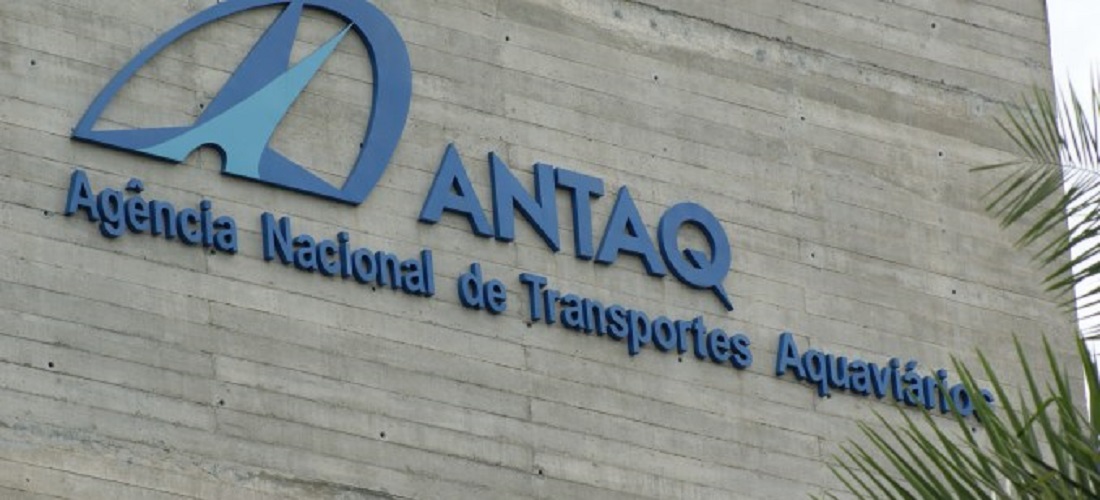
ANTAQ tariff standardization: 88% of public ports are regular
Jan, 03, 2023 Posted by Gabriel MalheirosWeek 202301
Brazil’s National Waterway Transportation Agency (ANTAQ) has been working to standardize the tariff collection system at the country’s public ports. So far, 88% of them are listed as regulated at the Agency, with all documentation provided and ready to operate with the new tariff charts systematized by deadweight tonnage (DWT).
Three years ago, Antaq saw the need to make tariff collections more efficient, as each port had its own way of setting charges. While some calculated their tariffs based on the volume unloaded, others used the size of vessels as their main criteria. So an accounting course was offered to port authorities, and the bars were defined, for example, by ship size: the larger the vessel, the higher the tariff for waterway access.
The first deadline given to ports to adapt to the new rules ended during the Covid-19 pandemic. Due to the small workforce and many employees adapting to remote work, this period was extended by 45 days, expiring at the beginning of the second half of 2022.
With the easing of the pandemic, ANTAQ began to inspect the implementation of the tariff standardization program, issuing fines to port authorities that have not yet updated their billing method and have not yet presented proposals for tariff standardization – which introduces the novel requirement for ports to organize their bookkeeping by segregating direct and indirect costs.
The tariff cycle lasts for five years. A formal tariff review will be performed at the end of each period. There is also the chance of requests for an exceptional assessment, which may occur if the port authority’s costs rise. The Agency will keep track of whether or not investments are being made and whether or not the ports are following the appropriate tariff table.
-
Ports and Terminals
Sep, 26, 2019
0
Port of Itajaí grows cargo handling by 12%
-
Apr, 24, 2020
0
Santos Port handles a record 12.74 million tons in first quarter
-
Grains
Apr, 10, 2023
0
Argentina may lose soymeal leadership to Brazil
-
Coffee
Jun, 24, 2022
0
Harvest delays disrupt coffee exports

